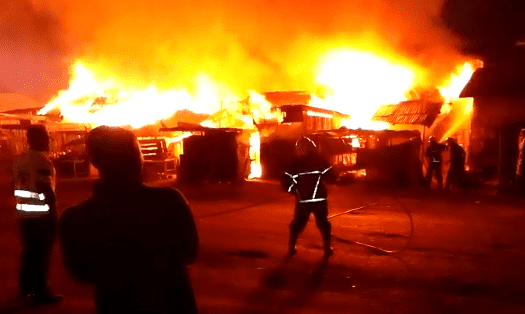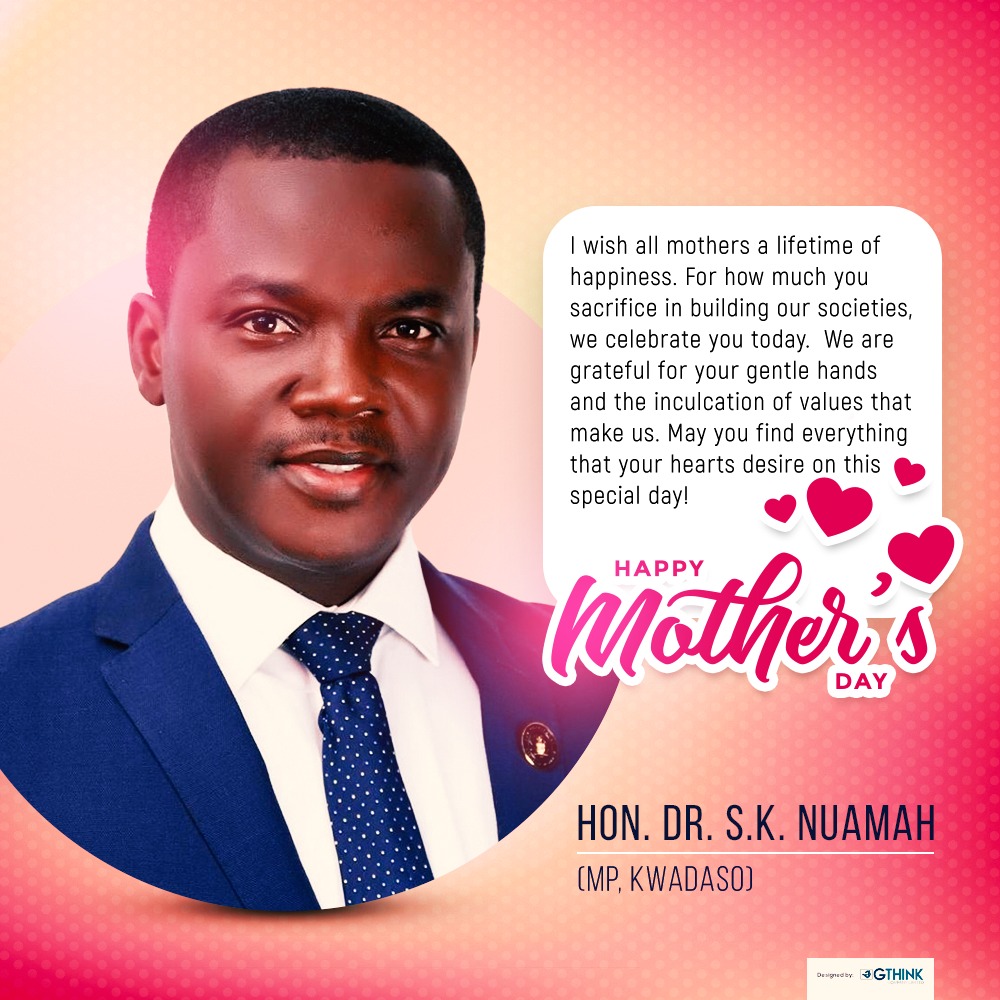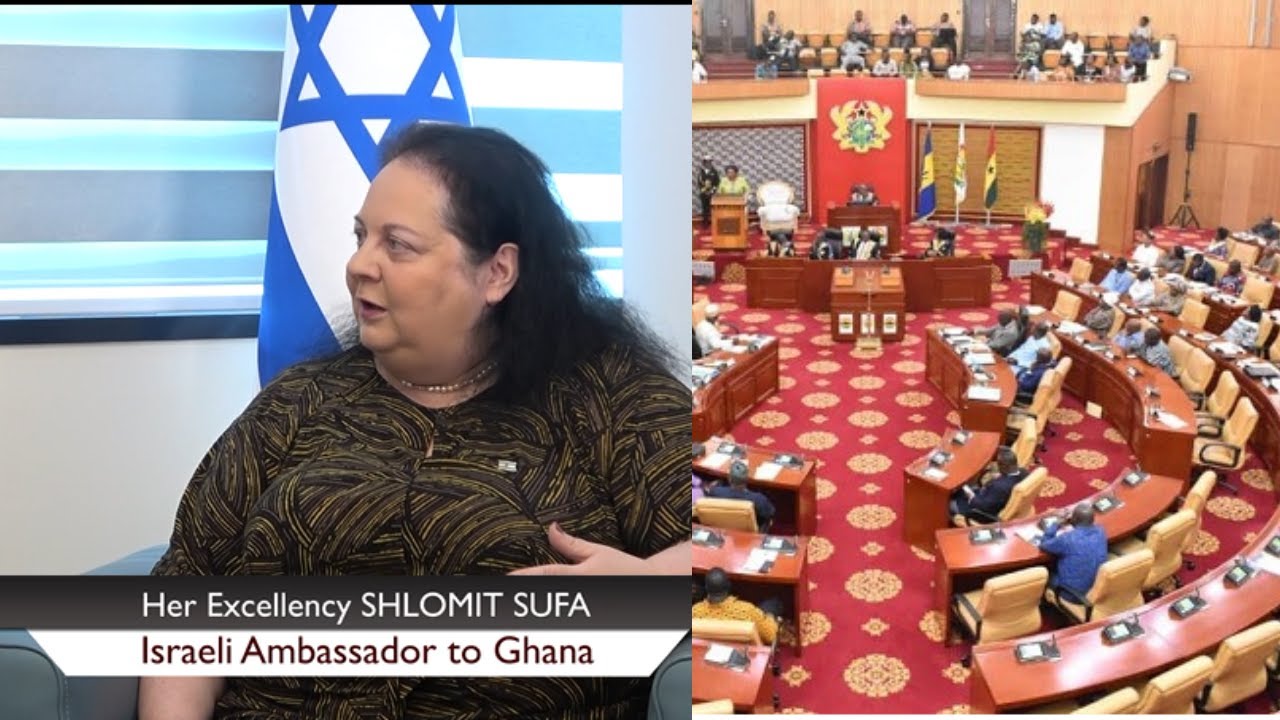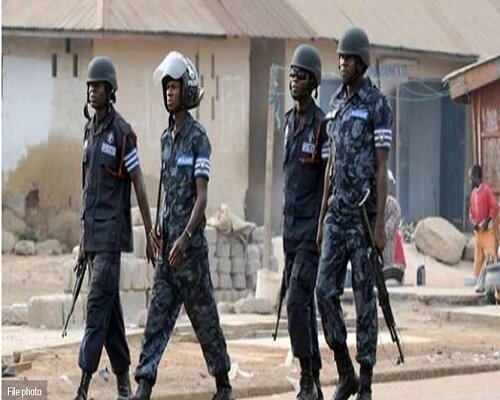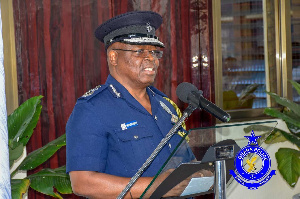Government must prioritise issues of human trafficking – Amnesty
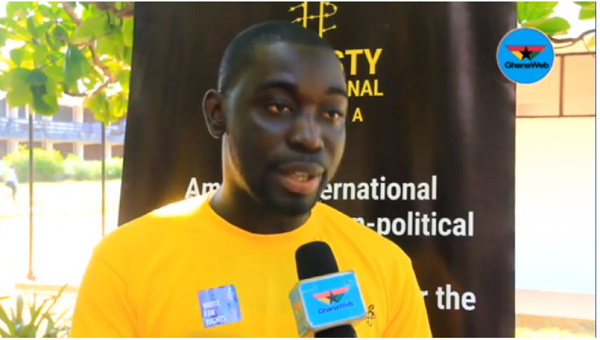
The Country Director of Amnesty International, Robert Akoto Amoafo, has urged government to deal with human trafficking issues as one of its priorities.
His call follows several harrowing experiences by some Ghanaian and Africa migrants who survived or died from ‘modern-day slavery’ in Libya and some Arab states like Saudi Arabia, and Kuwait while seeking for jobs and better lives in those countries.
According to him, there isn’t much commitment from government to regulate the travelling process to ensure that its citizens who end up in such countries are protected at all cost.
“Our justice system must provide support to victims because following up for justice can be expensive for them and that contributes to them not being able to follow up and get the justice they deserve”. He told GhanaWeb in an interview.
Despite the word out there, more and more people continue to embark on this ‘dangerous’ journey just to make ends meet. The unfortunate ones end up as slaves, raped, tortured with some being denied salaries and food for days.
In most cases, victims who are in forced servitude are also denied any form of communication with their families and friends back home. Some migrate who have narrated they ordeal claim that those who were captured while trying to escape were left with huge scars on their skin to serve as a deterrent to others.
Sadly, victim who are able to return home are left with nothing but horrific memories that will haunt them for years.
A Ghanaian returnee from Libya who shared his experience back in 2017 said, “I’ve been really tortured, I have been hardened by this experience, before now, all I had seen was a toy gun. In Libya, I saw people shooting some of my colleagues in the foot, others were using knives. I was cut by someone with a knife while trying to flee one time, its left huge scars on my skin”.
Mr. Amoafo, on the hopes available for victims noted that “If a person thinks they’ve been trafficked or treated unfairly in any dealings they have access to justice” by reporting the case to the appropriate agencies.
He was quick to add that in seeking justice, one will need a lawyer and in some cases travel back and forth at a cost that most people cannot afford. Thus, due to financial constraints some victims are unable to follow up on their cases.
The Anti-Human Trafficking Unit of the Ghana Police Service and the human trafficking unit of Ministry of Gender, Children and Social Protection offer assistance to such persons who have fallen victim to the act.
Mr. Robert Akoto Amoafo has charged the government to prioritise issues of human trafficking and offer support to victims. He noted that the key root of such expeditions is as a result of the lack of job opportunities available to citizens in the country.
The Country Director was of the strong opinion that the availability of jobs in Ghana will cut down on the number of persons who travel to such states.
“There is a need for continuous education and awareness because these people who travel sometimes hear about how people are tortured but they meet other people who paint pictures of greener pastures to them… there is a need for education from the human trafficking units and also civil societies.” He averred.
Source: www.ghanaweb.com

